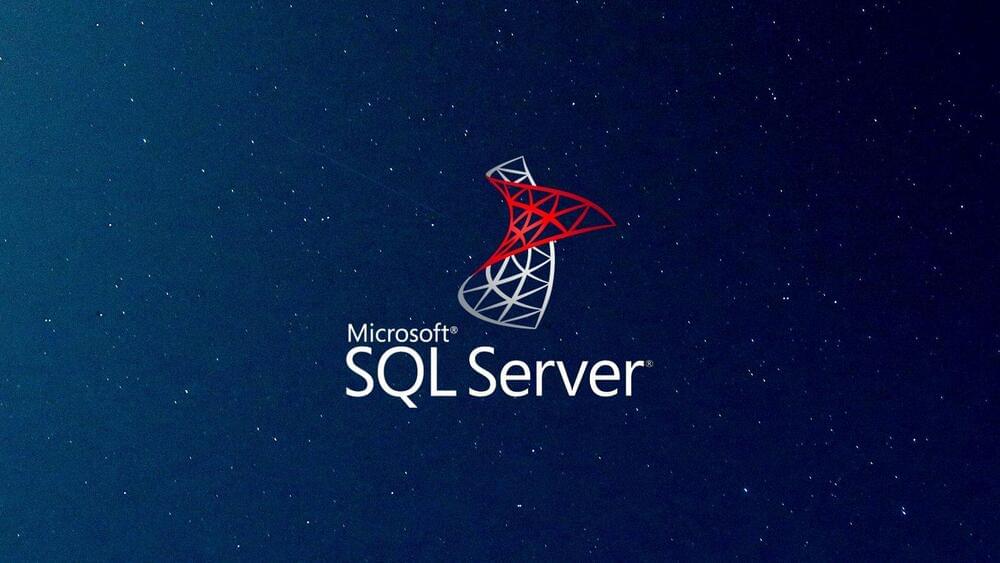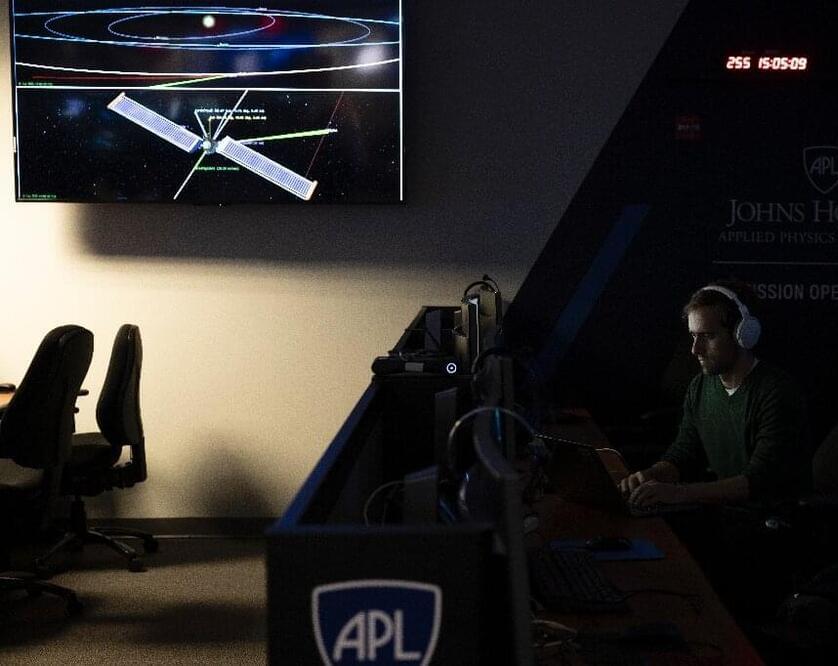https://youtube.com/watch?v=P_GO2IS_yBQ&feature=share
A great overview of the current state of the space industry and where it is headed in the near future.
A revolution in the history of space travel took off on 20 July 2021. Amazon founder Jeff Bezos flew in his rocket 106 kilometers into outer space. It may have only lasted around 10 minutes, but the trip was the precursor to commercial passenger flights into space.
The Bezos flight, as well as the one billionaire Richard Branson took just a few days earlier, herald a new era of space travel. This looks to be just the beginning of a rekindled space race. Observers suspect it could open up a lucrative market for space tourism. They’re also convinced that the next step will be inevitable: the establishment of human colonies in space. At some point, the day may come when the first person is born in space — or perhaps when humans reach Mars.
The film explores the fluctuations in space technology and the hype around commercial space flights — a topic that’s of great interest to Tesla founder Elon Musk, who founded the aerospace company SpaceX. Predicting the outcome of these developments is tricky. Musk has, in any case, announced plans to make humanity “multiplanetary. According to him, that involves colonizing Mars and enabling life on other planets. Branson and Bezos, on the other hand, are “more interested in how we can use space to help Earth.
Billionaires going on trips into space — is this really progress? Or is it all just about spending lots and lots money? These are questions we’re not yet able to answer.









